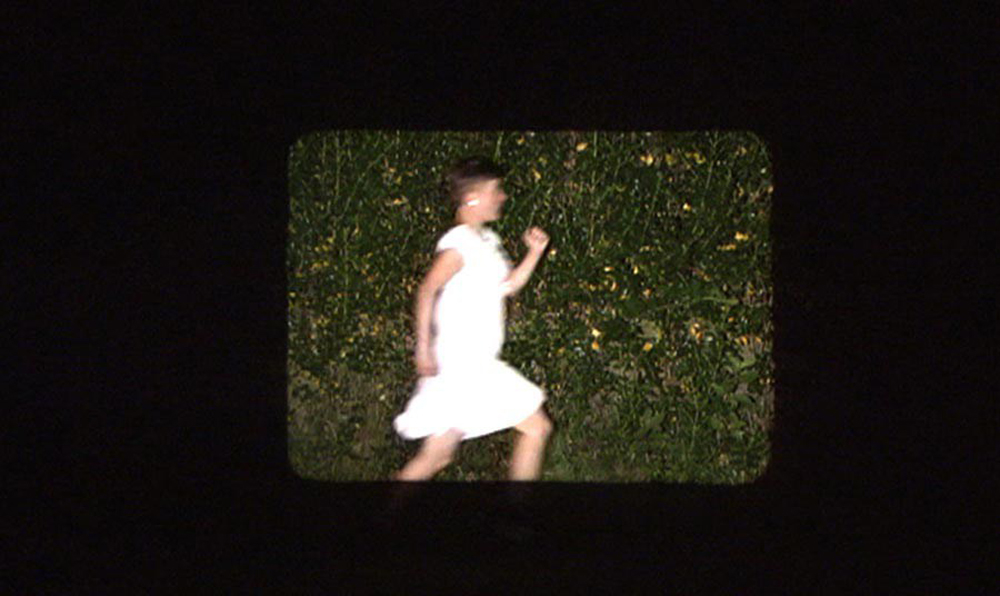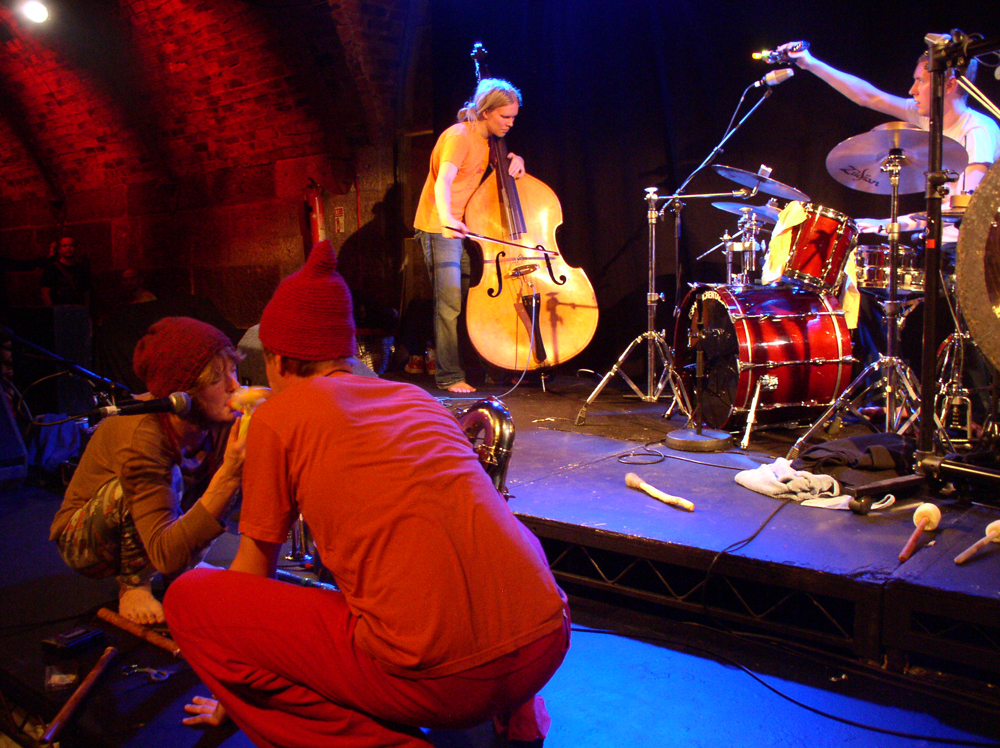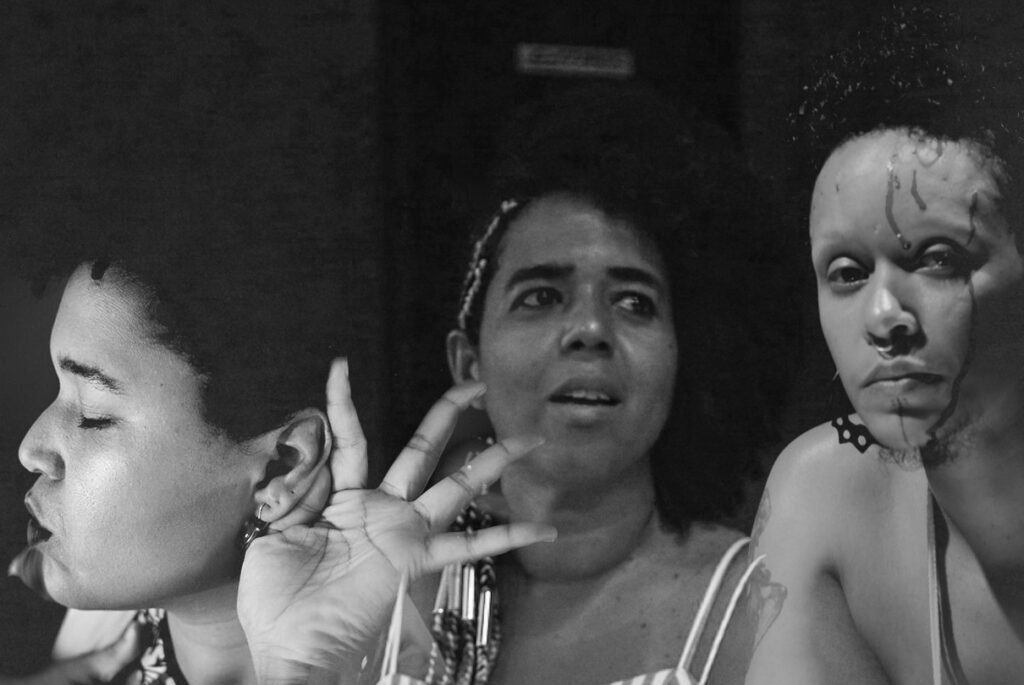
Improvisation, Make-up and Lip-sync
boychild
Underground movement legend boychild hosts this workshop—on improvisation, cosmetics, movement and lip-sync.
Arika have been creating events since 2001. The Archive is space to share the documentation of our work, over 600 events from the past 20 years. Browse the archive by event, artists and collections, explore using theme pairs, or use the index for a comprehensive overview.

Underground movement legend boychild hosts this workshop—on improvisation, cosmetics, movement and lip-sync.

Setting up a minimal procedure to explore the interaction between a person and the (documentary) film/ video process. What initially seems simple ends up contrarily distanced and intimate, public and private.

A panel exploring the poetics of abolition. “Poetry is not only dream and vision; it is the skeleton architecture of our lives. It lays the foundations for a future of change.”

Captures the creak and rustle of the forest, with an exhilarating tension let loose in unconfined maniacal and bare-knuckle group thinking.

Three documentary films exploring diverse realities of sex workers around the world followed by a closing ceremony of the festival.

A day of presentations and discussions on the theme of audio visual perception in the context of experimental music, film and art.

A kind of an informal overview of INSTAL.

Sometimes delicate, sometimes harsh and jarring, Yagi’s koto solos are as much inspired by Nancarrow or Cage as they are traditional.

Includes: tamed TV snow, video feedback of racing particles, a remake of a polish photogram film destroyed in WWII, a visual and aural representation of Gestalt theory, hole-punched film and Guy Sherwin’s Cycles 3 double-projection.

Pitching Fahey inspired, eastern-infused folk vibrations, sad elliptical drones and oracle chants into one kaleidoscopic sound.

From really simple, open instructions, An Unrhymed Chord creates a kind of half-way point between composition and improvisation.